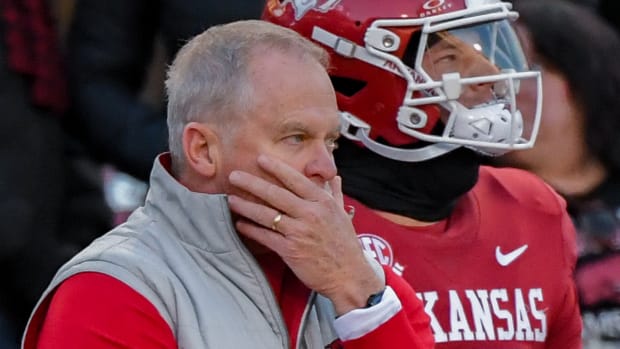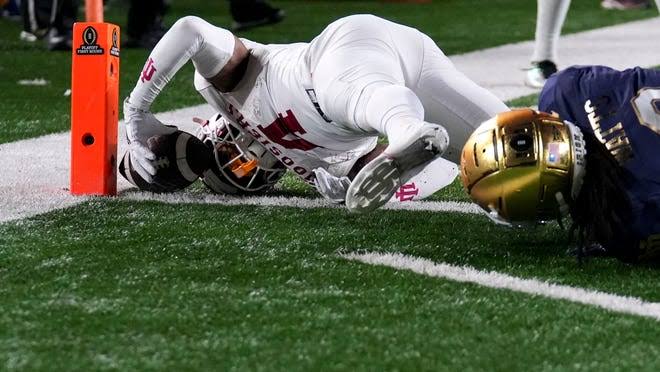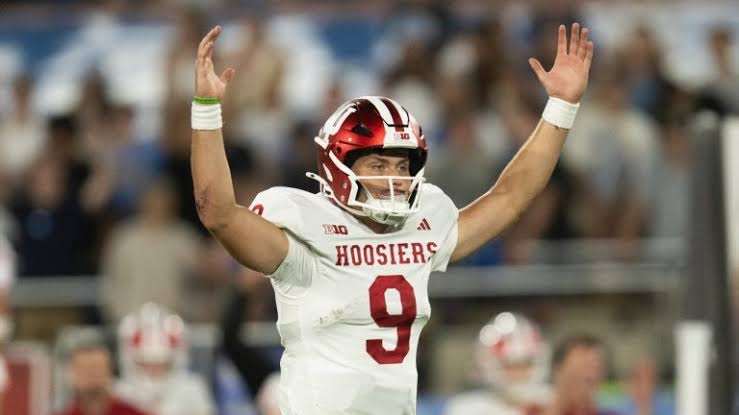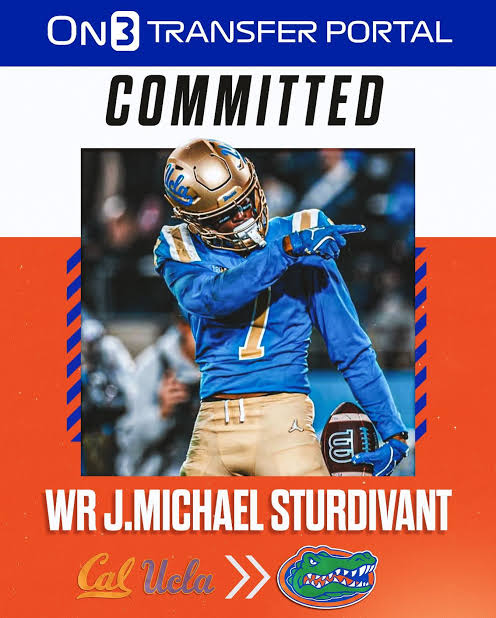
In a recent development, Taylen Green, the quarterback for the Boise State Broncos, expressed frustration towards his head coach, Andy Avalos, following a contentious moment during a practice session. Green’s outburst, which occurred in a heated exchange, was sparked by what he perceived as a lack of support or understanding from Avalos regarding his performance and role on the team.
Green’s frustration highlights a broader issue that often arises in high-pressure sports environments: the dynamic between players and coaching staff. In Green’s case, his visible frustration indicates that he feels his contributions and efforts are not being recognized or valued appropriately by the coaching staff. Such incidents can be disruptive and create tension within a team, potentially affecting morale and performance.
Coach Avalos, known for his assertive approach and high standards, may have been focused on improving the team’s overall performance, which sometimes results in intense scrutiny of individual players. Green’s reaction, while understandable from a player’s perspective, underscores the challenges that arise in balancing personal and team goals.
This incident brings to light the delicate nature of player-coach relationships and the impact that communication and mutual respect have on a team’s success. It serves as a reminder that managing egos and expectations is crucial in maintaining harmony and effectiveness within a sports team.
Moving forward, it will be essential for both Green and Avalos to address this situation constructively. Open dialogue and a focus on mutual goals could help resolve the tension and foster a more collaborative environment, ultimately benefiting the team’s overall performance and cohesion.





